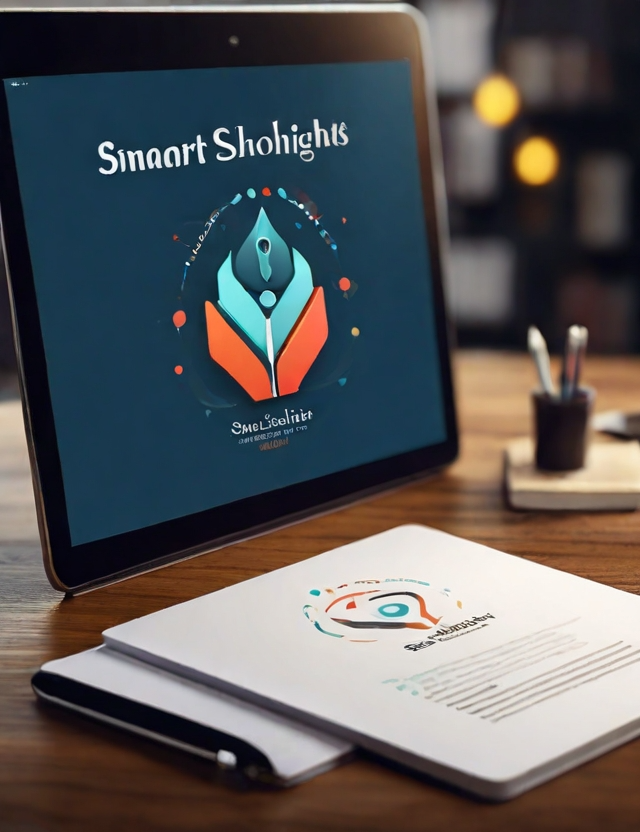The Science of Studying: A Comprehensive Guide to Effective Study Techniques
Introduction:
In the realm of academia, success is often attributed not only to innate intelligence but also to effective study habits. Indeed, the way students approach their studies can significantly impact their learning outcomes. This essay aims to delve into the science behind effective study techniques, exploring various strategies that students can employ to optimize their learning and achieve academic success.
Understanding Active Learning:
Effective studying begins with active engagement with the material. Active learning encourages students to participate actively in the learning process through activities such as summarization, questioning, and application of knowledge. By engaging with the content in a meaningful way, students deepen their understanding and develop critical thinking skills crucial for academic success.
Harnessing Spaced Repetition:
One of the most powerful study techniques is spaced repetition, which capitalizes on the spacing effect to enhance memory retention. By spacing out study sessions over increasing intervals of time, students reinforce their understanding of key concepts and prevent forgetting. This technique is particularly effective for long-term retention, enabling students to master complex subjects with ease.
Utilizing Retrieval Practice:
Additionally, retrieval practice is a potent strategy for strengthening learning outcomes. Retrieval practice involves actively recalling information from memory through methods such as self-quizzing, flashcards, or practice tests. By engaging in retrieval practice, students reinforce memory retrieval pathways, making it easier to recall information when needed. Moreover, retrieval practice enhances metacognitive awareness, enabling students to monitor their learning progress and identify areas requiring further review.
Maximizing Note-Taking Techniques:
Effective note-taking is another essential study technique that facilitates comprehension and retention of information. Whether through handwritten notes or digital platforms, organized note-taking encourages active engagement with the material and serves as a valuable reference during revision. Techniques such as the Cornell method or concept mapping promote deeper understanding and retention of key concepts.
Creating an Optimal Study Environment:
Furthermore, creating an optimal study environment is crucial for maximizing learning outcomes. Minimizing distractions, establishing a dedicated study space, and adhering to a structured study schedule foster concentration and productivity. Incorporating breaks, maintaining physical well-being, and practicing stress management techniques are equally important for sustaining focus and cognitive function during study sessions.
Conclusion:
In conclusion, effective study techniques are fundamental for academic success. By embracing active learning, incorporating spaced repetition and retrieval practice, utilizing effective note-taking techniques, and creating a conducive study environment, students can enhance their comprehension, retention, and application of knowledge. Furthermore, fostering a growth mindset and persevering through challenges are essential for realizing one's full academic potential. Through consistent practice and the deliberate application of effective study techniques, students can embark on a journey of intellectual growth and achievement.



Comments
Post a Comment